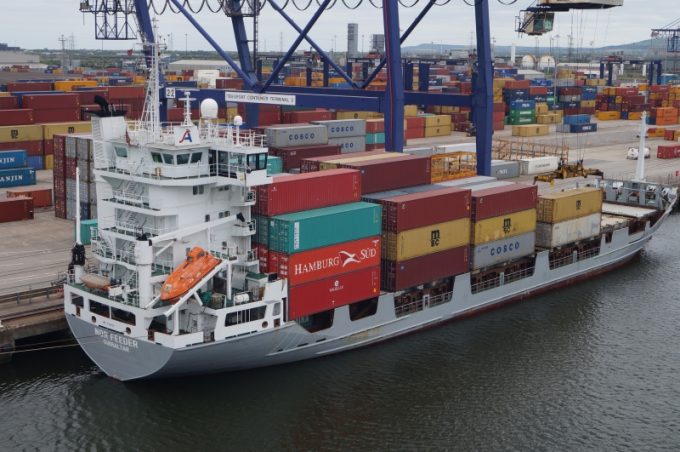'Another painful headache for shippers' as Asia-N Europe rate rally ends
It seems the recent container freight spot rate rally on the Asia-North Europe trade might ...

The decision by Maersk and other carriers to skip UK port calls due to berthing delays is proving a massive challenge for feeder operators tasked with relaying thousands of ’overcarried’ containers.
Over-landed UK cargo is stacking up at the major hub ports of Rotterdam and Antwerp ...

Comment on this article